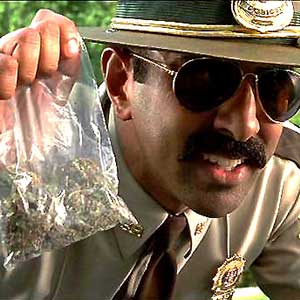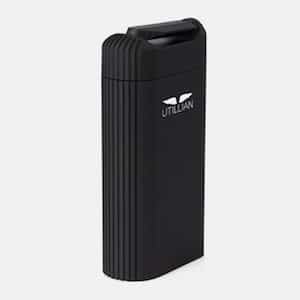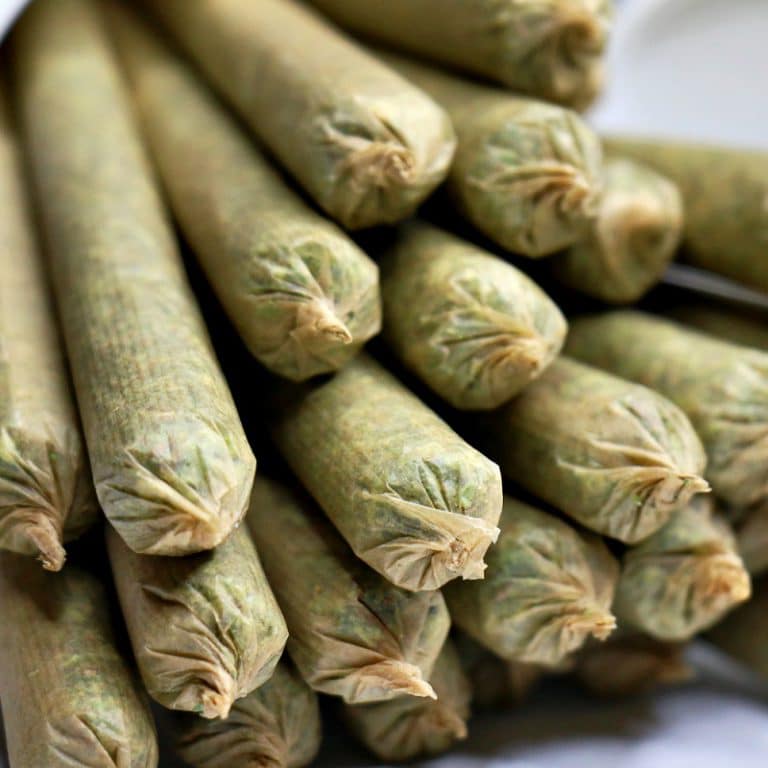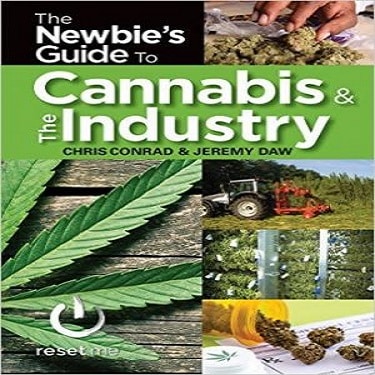 With Washington State’s I-502 legalization came a 5ng/ml limit of active THC in blood. This is now per se evidence to convict on a DUI charge.
With Washington State’s I-502 legalization came a 5ng/ml limit of active THC in blood. This is now per se evidence to convict on a DUI charge.
In Colorado, the governor is poised to sign a bill creating a 5ng/ml limit that has failed to pass in six previous attempts. This would set a permissible inference of guilt on a DUI charge.
To my fellow supporters of marijuana legalization, I’m reminded of the saying, “Be careful what you wish for because you might get it.”
Before I explain that, let’s make sure everyone reading is familiar with the concepts:
- These limits in Colorado and Washington refer to active THC in the blood, not the inactive metabolites you get busted for on a workplace pee test, sometimes days or weeks after cannabis use.
- A per se limit means you’re automatically guilty and have no defense. You could be driving absolutely perfectly and still be guilty of a DUI if your blood is >5ng/ml.
- A permissible inference means that you’re presumed to be guilty, but you can defend yourself if you can prove you weren’t driving impaired, even if your blood is >5ng/ml.
Now, back to our wishes. For years now, we have been lobbying for marijuana legalization with frames like “treat marijuana like alcohol” and “tax and regulate marijuana like alcohol” and “marijuana is safer than alcohol”. It’s not a bad strategy, obviously, because it’s brought us two legalized marijuana states. However, setting marijuana in a frame alongside alcohol has molded the public’s understanding of the drugs to think of them similarly.

So now they want to know: where’s the marijuana breathalyzer? What’s the magic number that tells us someone’s too stoned to drive, like the magic .08 BAC number that enables us to nab drunk drivers?
It’s at this point when one of us pipes up with “impairment!” The marijuana limits don’t test for impairment. Many people, like medical marijuana patients, can be above 5ng/ml and be completely unimpaired. We need to test for impairment.
Yes. And this is a case where being right isn’t going to win the argument.
Part of the problem is that we’re seen as being hypocritical. If we really believe that blood chemistry doesn’t determine impairment, why aren’t we rallying to repeal alcohol per se limits? Yes, there is quite a difference between alcohol and marijuana in the blood and there is a much more reliable dose-dependent relationship between alcohol and impairment than THC and impairment. However, I know plenty of people who drink regularly who can drive in a satisfactory manner at >0.08 BAC. So, we end up saying people who use pot all the time can develop a tolerance and drive fine over the limit… but alcoholics can’t?
The majority of the problem, however, is a critical misunderstanding of what DUI is to the public. The “DUI” doesn’t stand for “driving under impairment“; it stands for “driving under the influence“.

In our society, we’re not punishing people based on their impairment. We’re punishing them based on their irresponsibility. Imagine this: we take Danica Patrick, me, and a random elderly grandmother and test our driving ability while sober. On a letter-grading system, let’s say Danica gets an A+, I get a B, and Granny, whose reflexes are slow and can barely see over the steering wheel, gets a C-. In other words, Danica is a pro driver, I’m a decent driver, and Granny barely passes.
Then, we get Danica drunk (yay!) and I smoke a joint. Danica’s at .08 BAC, my THC is at 35ng/ml, and Granny’s still sober. Danica drives again and tests out at a C. I test out and get a C+. Granny’s still at a C-. But despite the fact that both of us drive better than Granny even when buzzed, Danica and I are going to get DUIs, legally because we are “under the influence”, but culturally because we irresponsibly chose to drive after reducing our ability to drive as safely as possible. That’s what the public supports in punishing >.08 BAC drivers and that’s why they want a magic number for THC. Granny, despite her inability to merge on the freeway, her forever left-turn blinker, and tendency to drive 20MPH too slow, is still driving at the best of her ability and not irresponsibly reducing that ability.
Now’s the time when another one of us pipes up with studies and anecdotes. William Breathes tested at 15ng after a night’s sleep. KIRO filmed “all-day Addy” driving just fine at seven times the limit. Pot smokers tend to adjust their driving, drive slower, more distance between cars, etc. And all the public can hear when you say that is, “we should be able to smoke pot and then get behind the wheel.”
As each state ponders marijuana legalization, you can bet the “stoned driver” issue will be at the forefront. If we are going to successfully deal with this issue and avoid Washington and Colorado’s 5ng/ml becoming the standard, we need to adjust our tactics. Every indication shows the trend will be toward more scientific testing of drivers, with saliva swabs and drug breathalyzers already developed and being tested in Europe. Here are some angles I suggest:
- Accept that there will be a limit and work to make it reasonable. The people don’t fear a little intoxication on the road. The .08 BAC leaves plenty of room for someone to have a margarita with dinner or a beer at the game and still be OK to drive home. Emphasize that the 5ng/ml limit is just way too low – like setting BAC down to .02 (which is actually the limit in some European countries). People want to catch the irresponsible user who just consumed and is way too messed up to drive. Show them that THC in blood spikes over 100ng shortly after consuming. Find the level at which nobody could possibly be unless they were recently consuming (35ng? 5ong?) and set it there. This would address the public’s concern over driving immediately after smoking and being too impaired while sparing those who drive hours after smoking who aren’t impaired.
- Make the limit a permissible inference that gives the marijuana user a chance to prove his or her driving wasn’t impaired. Combined with a reasonable limit, this should give all but the actually-too-stoned-to-drive drivers a fair day in court.
- Give a little to get a little. Since what people fear is people blazing up and then driving, use the existing “treat marijuana like alcohol” frame to offer the public the marijuana equivalent of the “open container”. Any usable marijuana in an unlocked container or used paraphernalia / smoldering joints within the driving compartment is treated like an open container of alcohol. I believe offering this kind of compromise could go a long way toward getting reasonable, permissible inference limits.
I know these suggestions will be controversial. Some will suggest that we’ve had DUI laws against toking and driving forever and they require that police prove impairment. Yes, indeed, but we’re talking about public and lawmaker perceptions, not courtroom reality. In their minds, the way we keep stoners off the road is when we pull them over and smell weed, we can arrest them for having weed. Now that we propose taking that option away from police, the public feels like there will be no way to keep stoners off the road. As illogical as it is, to the public’s mind, legalization introduces a brand new drug to society and we’re seen as opposing for marijuana the same policies that keep drunk drivers in check.
If you can get marijuana legalization in your state without any sort of THC in blood limit, more power to you. I believe the political realities won’t make that possible. Colorado did it, only to see its legislature hammer away at a 5ng limit until it seems now likely to become law. If the choice is legalization that will pass with limits or continuing to arrest and imprison marijuana smokers, the smart thing to do would be to lobby for fairer limits.







